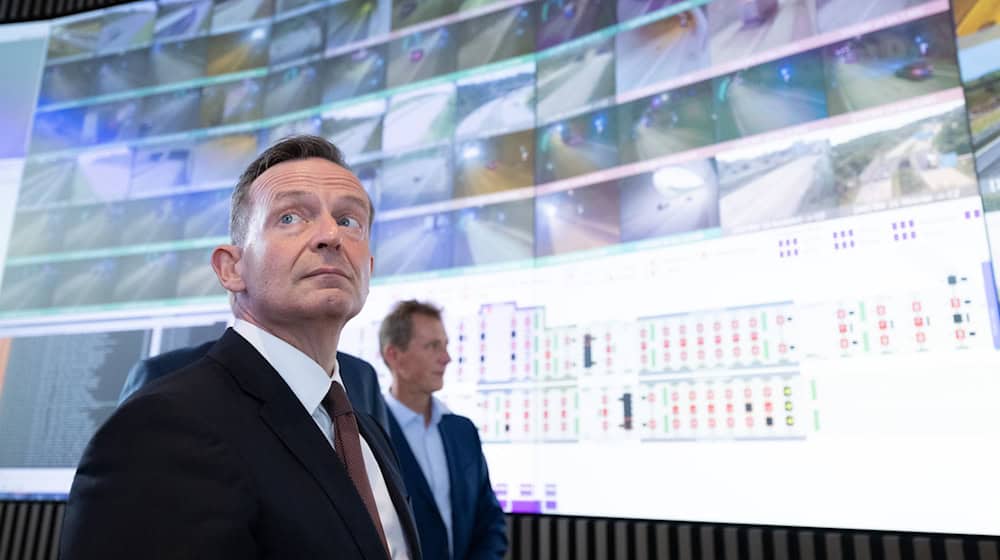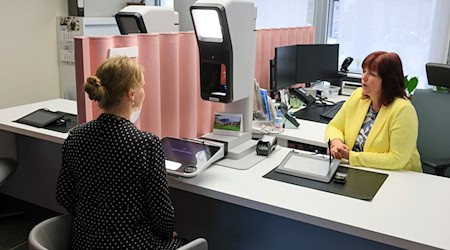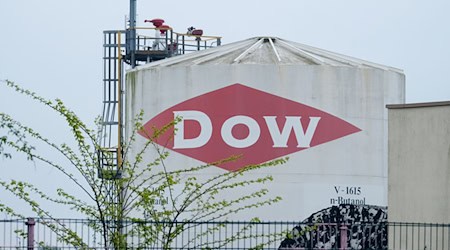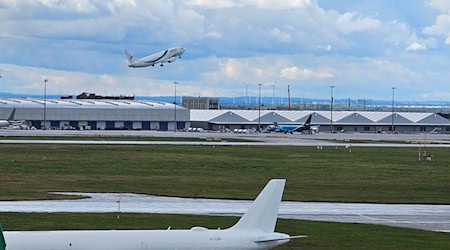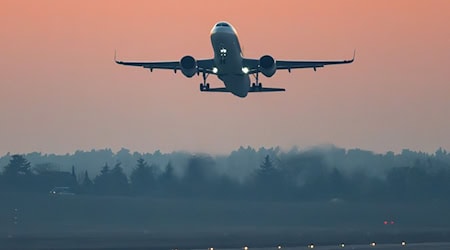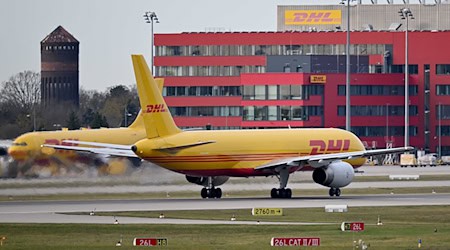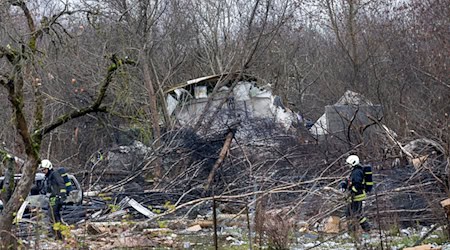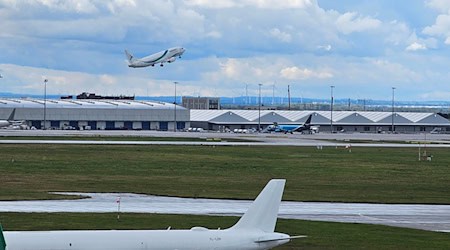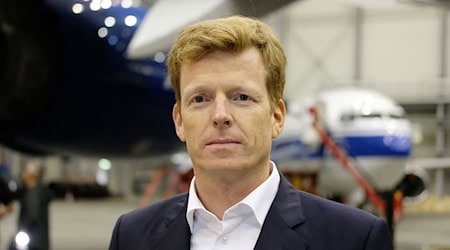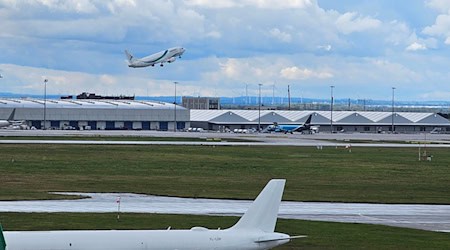Federal Minister of Transport Volker Wissing (FDP) sees openness to the world as the "key to success" for the economy. Companies thrive on international networking and international exchange, said the Minister during a visit to Elbe Flugzeugwerke in Dresden. Cosmopolitanism is therefore an important aspect as a location factor and must be protected. A welcoming culture is needed so that an exchange of personnel can also take place between locations. "Anyone who believes that you can protect your own location by withdrawing from the international market is very much mistaken." Only international exchange secures local jobs.
Around 2,200 employees from more than 30 nations work at Elbe Flugzeugwerke. According to Managing Director Jordi Boto, the company is looking very closely at the Saxon state elections on September 1. Companies should not be passive in this situation, but should openly communicate the topic of internationality. "We live from the exchange of goods and products worldwide. Our customers are all over the world." We depend on partnerships and cooperation with people from all over the world, whether from China, Africa or America. "We are not an island." Anyone who opposes a cosmopolitan economy and culture is jeopardizing a business model and society: "That's not good for business."
Wissing had come to the state capital at the invitation of Dresden FDP member of parliament Torsten Herbst. He also commented on the future of regional airports. This is primarily an issue for the state governments. However, air traffic will gain in importance overall. "Our traffic forecast predicts an increase of 70 percent by 2051." Air freight in particular will increase significantly. A good connection to international air traffic is a serious locational advantage.
Wissing said that it was now a matter of driving forward the decarbonization of air traffic. "We must create climate-neutral flying." The German government has launched an international dialog on e-fuels. "We need these fuels with which we can fly climate-neutrally in the future." Investments are also being made in hydrogen technology. This is also an important option.
However, synthetic fuels will be needed for long-haul flights in particular, said Wissing. These cannot be produced exclusively in Germany because the demand is so high. Just to make Lufthansa's fleet climate-neutral, all the renewable energy produced in Germany would be needed: "This means that we have to import such fuels."
Afterwards, Wissing visited the "Intelligent Motorway" network competence center in Dresden. It forms the backbone of freeway traffic management.
Copyright 2024, dpa (www.dpa.de). All rights reserved

